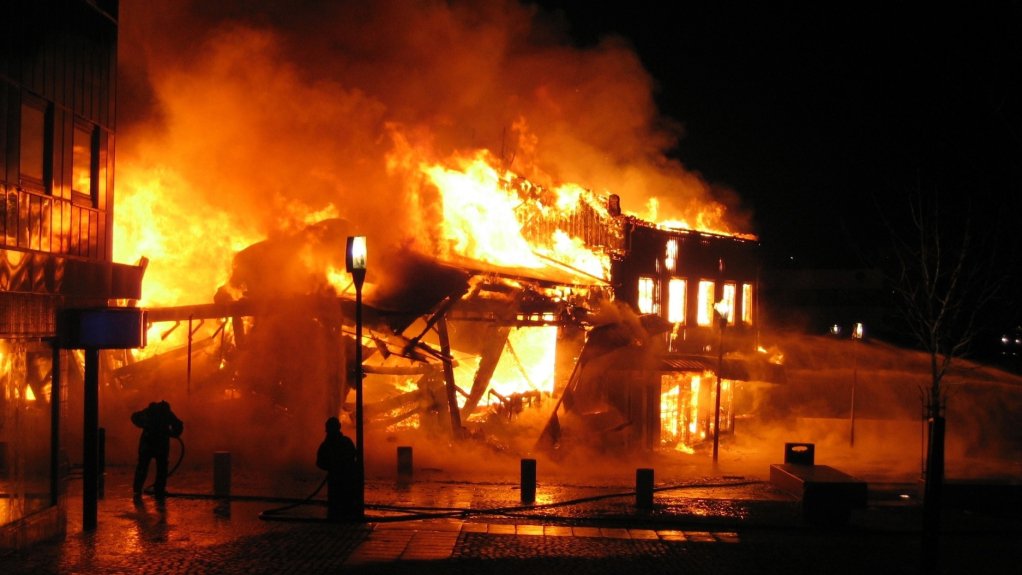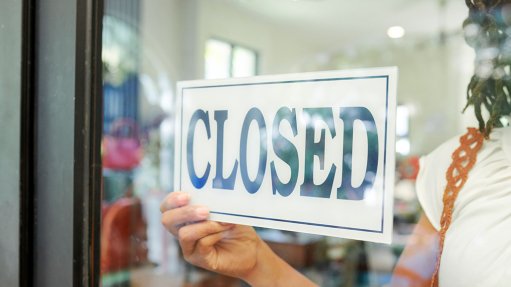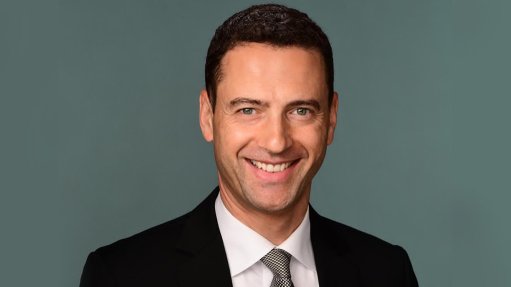Safety tips for LPG cylinders for heating and cooking
This article has been supplied.
With many residents turning to LPG for heating and also cooking, media reports have emerged about consumers buying or refilling LPG cylinders from unlicenced resellers. “It is important to note such resellers might not comply with safety regulations and could even sell defective or tampered cylinders,” highlights ASP Fire CEO Michael van Niekerk.
In addition, they may not have the necessary accountability or insurance to cover any damages or injuries. This practice also contributes to the illegal market and undermines regulatory efforts to ensure safe and fair-trade practices.
All LPG cylinders and related equipment must comply with the South African Bureau of Standards (SABS) and other relevant regulations. Only purchase LPG from distributors registered with the South African Petroleum Industry Association (SAPIA) or other recognised regulatory bodies.
In addition, home owners and businesses with LPG or flammable gas cylinders on their premises must have the necessary safety systems in place to deal with any gas leaks and be cognisant of the necessary regulations and bylaws pertaining to gas cylinders.
Despite many home owners and businesses using gas, whether for cooking and heating or even hot work, many are unaware of safe handling and storage practices. Here van Niekerk offers the following pointers:
- Proper Storage: Store cylinders in a well-ventilated area away from direct sunlight, heat sources, and flammable materials. Keep the cylinders upright and secure them to prevent them from falling.
- Regular Inspections: Regularly inspect the cylinder for signs of damage, rust, or corrosion. Check for gas leaks by applying soapy water to the cylinder connections and valves. Bubbles indicate a leak.
- Correct Installation: Ensure that installation of any LPG cylinder and connection to appliances are carried out by a qualified technician. Use only approved and compatible regulators and hoses.
- Use in Well-Ventilated Areas: Always use LPG cylinders in well-ventilated areas to prevent the accumulation of gas, which can lead to explosions or asphyxiation.
- Emergency Procedures: Know the emergency procedures in case of a gas leak, such as turning off the gas supply, ventilating the area, and avoiding the use of electrical switches or open flames. Have the emergency contact numbers of your gas supplier and local emergency services on hand.
Although home owners do not require certification to operate gas cylinders, it is important that any gas system is only installed by an accredited company. All LPG installations that exceed 100 kg must be registered with the local fire department on an annual basis. This may also require a set of fire plans to be submitted to the fire department before they approve and certify the LPG installation.
“We recommend that a business owner engage the services of a fire-risk consultant such as ASP Fire to conduct an audit of the premises in order to identify any potential risk factors and to prepare a set of fire protection plans for the gas installation,” concludes van Niekerk.
Article Enquiry
Email Article
Save Article
Feedback
To advertise email advertising@creamermedia.co.za or click here
Press Office
Announcements
What's On
Subscribe to improve your user experience...
Option 1 (equivalent of R125 a month):
Receive a weekly copy of Creamer Media's Engineering News & Mining Weekly magazine
(print copy for those in South Africa and e-magazine for those outside of South Africa)
Receive daily email newsletters
Access to full search results
Access archive of magazine back copies
Access to Projects in Progress
Access to ONE Research Report of your choice in PDF format
Option 2 (equivalent of R375 a month):
All benefits from Option 1
PLUS
Access to Creamer Media's Research Channel Africa for ALL Research Reports, in PDF format, on various industrial and mining sectors
including Electricity; Water; Energy Transition; Hydrogen; Roads, Rail and Ports; Coal; Gold; Platinum; Battery Metals; etc.
Already a subscriber?
Forgotten your password?
Receive weekly copy of Creamer Media's Engineering News & Mining Weekly magazine (print copy for those in South Africa and e-magazine for those outside of South Africa)
➕
Recieve daily email newsletters
➕
Access to full search results
➕
Access archive of magazine back copies
➕
Access to Projects in Progress
➕
Access to ONE Research Report of your choice in PDF format
RESEARCH CHANNEL AFRICA
R4500 (equivalent of R375 a month)
SUBSCRIBEAll benefits from Option 1
➕
Access to Creamer Media's Research Channel Africa for ALL Research Reports on various industrial and mining sectors, in PDF format, including on:
Electricity
➕
Water
➕
Energy Transition
➕
Hydrogen
➕
Roads, Rail and Ports
➕
Coal
➕
Gold
➕
Platinum
➕
Battery Metals
➕
etc.
Receive all benefits from Option 1 or Option 2 delivered to numerous people at your company
➕
Multiple User names and Passwords for simultaneous log-ins
➕
Intranet integration access to all in your organisation























